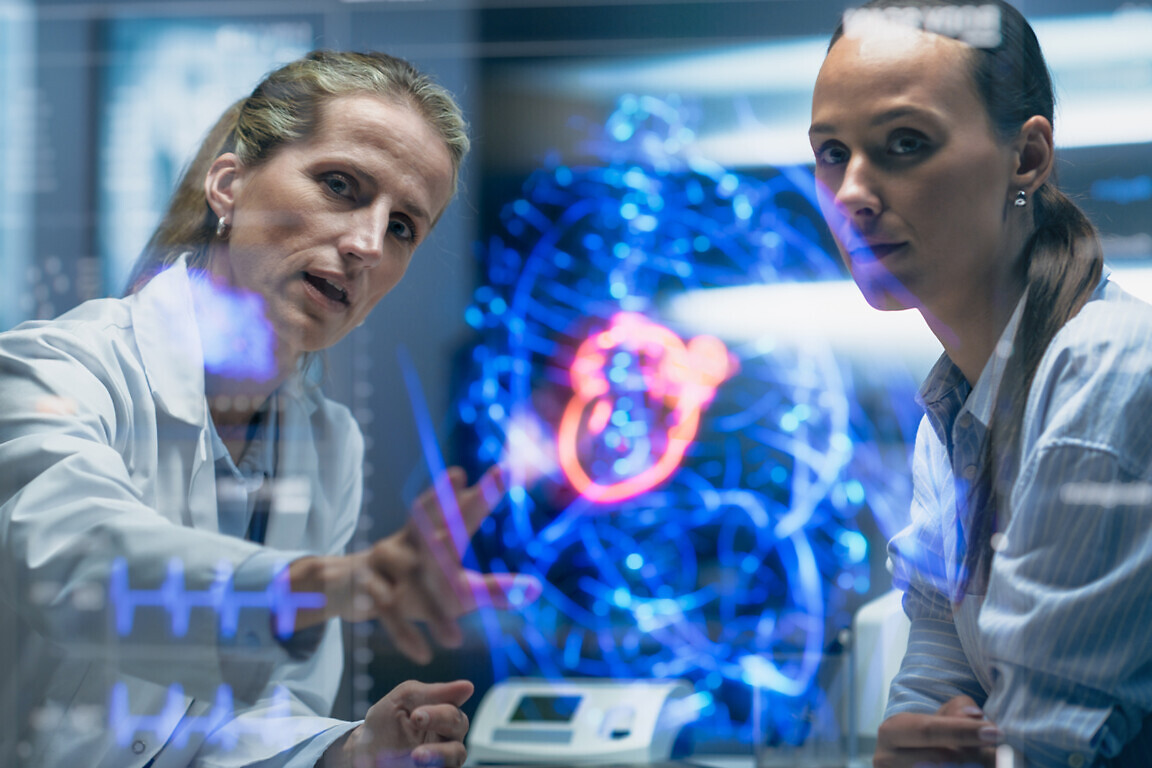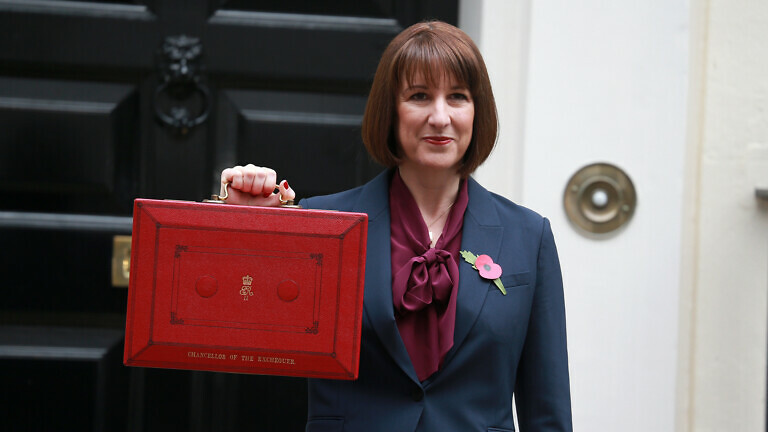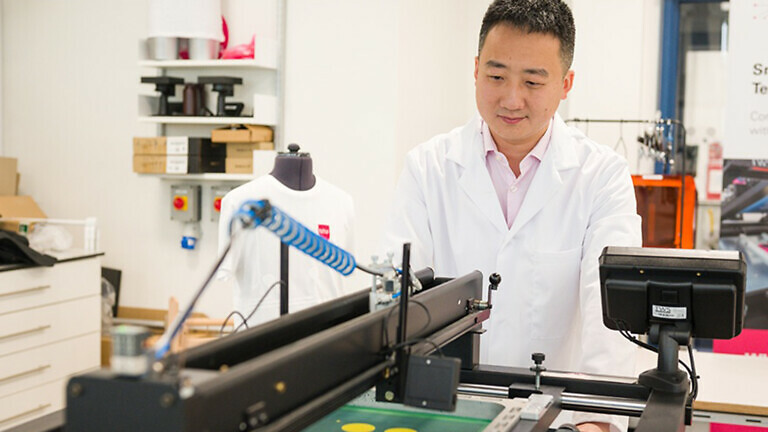Alex Adjei, the head of Cleveland Clinic’s Cancer Institute, explains why the advances in cancer treatment are real.
While artificial intelligence applications are widespread throughout the medical sector, it is safe to say that their uptake has been anything but universal.
Back in April, Amy Davis, consultant radiologist and the chief commercial officer of London-based Hexarad, told Healthcare Today that AI was “far from the panacea” predicted five years ago. For her, the greatest gains from AI are in streamlining logistics and reducing administrative friction.
It is very different within oncology, which has embraced AI wholeheartedly, as Alex Adjei, head of the Cleveland Clinic’s Cancer Institute, tells Healthcare Today in an exclusive interview published later this week.
The technology gives us the potential “not only to identify cancer more accurately, but also to distinguish between tumours that are likely to recur and those that are not,” he says.
More broadly, technology has helped oncology like no other medical subsector. “It’s remarkable how much progress has been made. It hasn’t been fast enough, of course, but the advances are real,” Adjei says.
A glass half-full
It is also notable how the private hospitals in Britain are using technology to help treat cancer.
Within the past few months, the Royal Marsden Private Care became the first in the UK to treat multiple myeloma patients with CAR-T cell therapy, outside of clinical trials; Nuffield Health said that it intended to invest in women’s health and breast cancer diagnostics, beginning the rollout of the latest mammography technology in its hospitals in Cheltenham and Chester, and with Wessex, Cardiff Vale and Oxford hospitals set to follow over the summer; and Cleveland Clinic London is to construct an 81,000-square-foot cancer centre at 40 Grosvenor Place in Belgravia, London, to expand its cancer services.
The fight has been picked up by the government as well.
In the summer, it said that women in England who haven’t come forward for vital health checks will be offered home-testing kits as part of the cervical screening programme under the upcoming 10 Year Health Plan.
At the same time, NHS patients will be the first in Europe to benefit from a new non-invasive liver cancer treatment which uses ultrasound technology to destroy tumours without surgery.
“Whether you see the glass as half-full or half-empty depends on your perspective, but overall, I think the fight against cancer is a story of real, measurable progress,” Adjei says.



